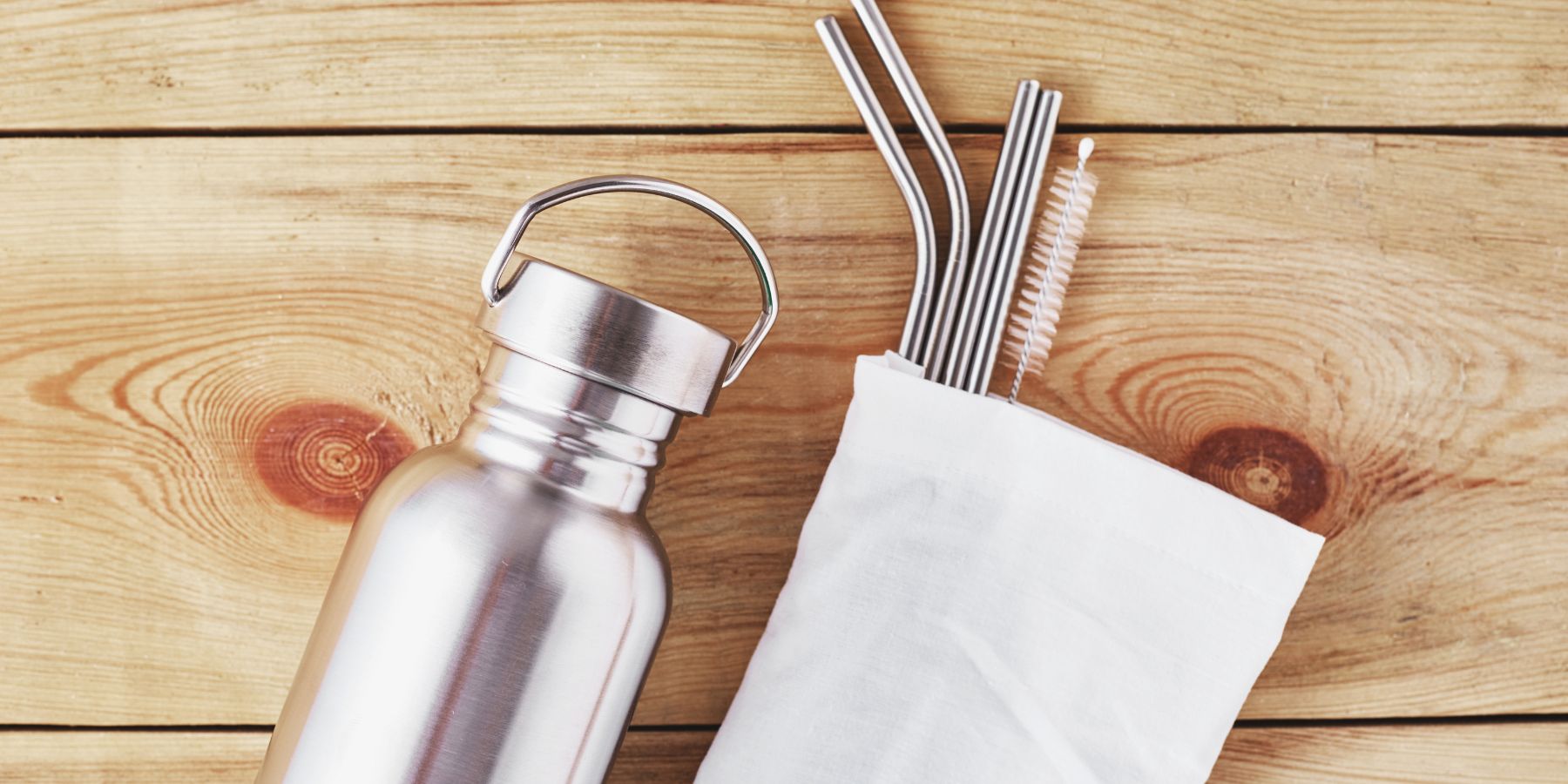Before selecting a water bottle, it’s important to determine how much water you need daily. This depends on various factors like your activity level, climate, and personal health. A general guideline is to drink about 2 liters (about 8 cups) of water a day, but your specific needs might be different. Understanding your hydration needs is the first step in choosing the right water bottle size.
Considering Your Lifestyle
Your lifestyle plays a significant role in selecting the appropriate water bottle size. If you’re often on the go, a compact, portable bottle may be ideal. For those who spend a lot of time outdoors or engage in physical activities, a larger bottle ensures you have enough water without constant refills. Think about your daily routine and how a water bottle fits into it.
Balancing Portability and Capacity
Finding the right balance between a water bottle’s size and its ease of carrying is crucial. A larger bottle holds more water, which is convenient for hydration, but it can be heavier and less portable. On the other hand, smaller bottles are easy to carry but require frequent refills. Consider what balance works best for your daily activities.
Material Matters
The material of the water bottle can also influence your choice. Plastic bottles are lightweight and durable, but some people prefer avoiding plastics for health or environmental reasons. Stainless steel and glass options are available, offering benefits like maintaining temperature and being free of chemicals like BPA. Choose a material that aligns with your preferences and needs.
Understanding Different Water Bottle Sizes
Water bottles come in various sizes, typically ranging from small (around 12 ounces) to large (up to 64 ounces or more). A standard size for daily use is typically around 24 to 32 ounces. Smaller bottles are more portable, while larger ones are better for longer periods without access to water refills. Understanding these size options helps in making an informed choice.
Special Features for Specific Needs
Some water bottles come with features that cater to specific needs. For example, insulated bottles keep water cold or hot for extended periods, which is great for extreme weather conditions. Bottles with built-in filters are useful for those who travel frequently or access water from various sources. Consider any special features that might be beneficial for you.
Evaluating Ease of Use
The design of the water bottle, such as its mouth size, cap type, and handle, affects its ease of use. A wide-mouth bottle is easier to fill and clean, but a bottle with a narrow mouth may be easier to drink from on the move. Also, consider how easy it is to open and close the bottle, especially if you’ll often use it during physical activities.
Sustainability and Environmental Impact
If environmental impact is a concern for you, consider the sustainability of the water bottle. Reusable bottles are more eco-friendly than disposable ones. Materials like stainless steel or glass, though initially more expensive, are durable and can reduce plastic waste. Opting for a sustainable water bottle is a small but significant step towards environmental conservation.
Conclusion
Choosing the right water bottle size is about understanding your hydration needs, lifestyle, and personal preferences. Whether it’s a small, lightweight bottle for short trips or a large, insulated one for all-day hydration, the perfect water bottle is one that suits your daily routine and helps you stay hydrated efficiently. Remember, the best water bottle is the one that you will use regularly, contributing to your overall health and well-being.

